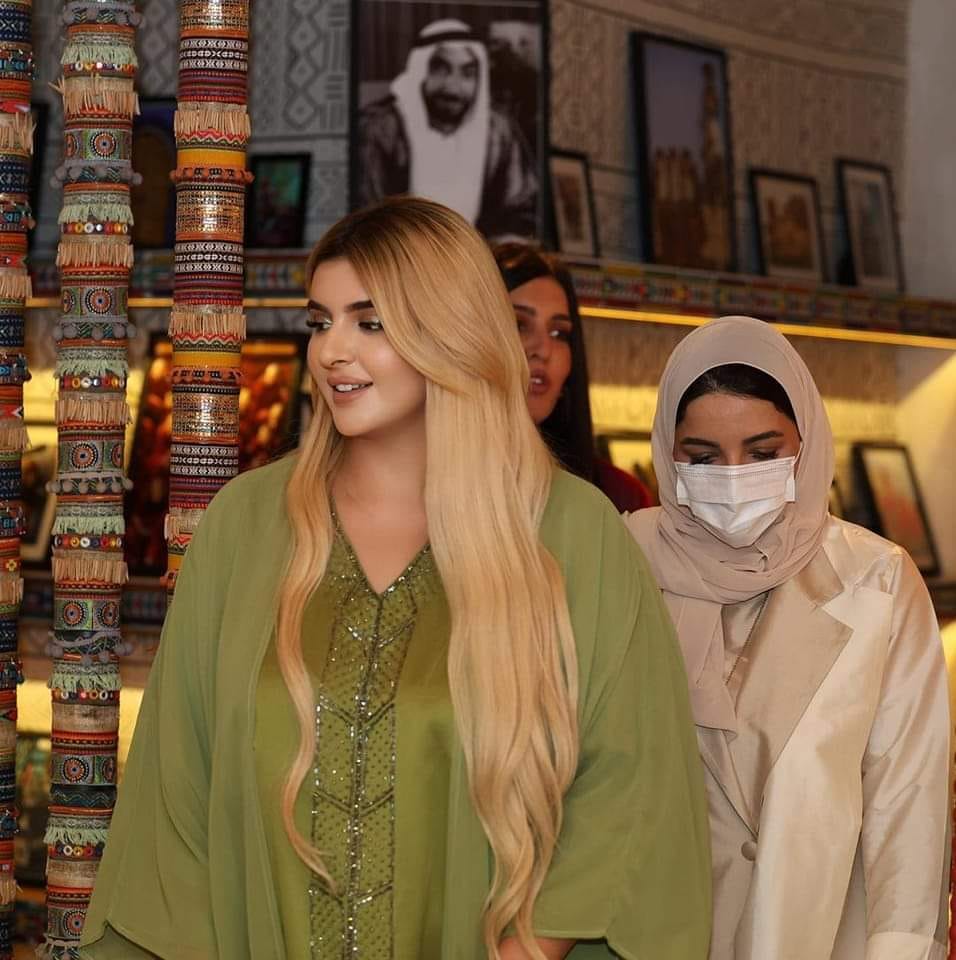In an era where financial independence is increasingly recognized as a cornerstone of gender equality, Sheikha Mehra has emerged as a powerful advocate for women’s empowerment—especially through the lens of insurance. Her initiatives and vision are redefining the way women in the Middle East, and beyond, view financial security, protection, and planning.
A Royal Voice for a Vital Cause
Sheikha Mehra, a member of Dubai’s royal family, is widely respected for her philanthropic activities and progressive mindset. Unlike traditional royals who often remain behind the scenes, she has taken an active role in encouraging social change, especially in areas related to women’s rights, education, and financial literacy.
One of her most impactful areas of focus is insurance as a tool for empowerment—a topic that often gets overlooked in conversations about women’s economic independence.
Why Insurance Matters for Women
Insurance is more than just a policy; it’s a safety net. For women, especially those who are single, widowed, entrepreneurs, or heads of households, insurance can provide the kind of long-term financial protection that builds confidence and encourages risk-taking.
Sheikha Mehra often speaks about how financial security leads to stronger decision-making power. Whether it’s health insurance, life coverage, or business protection, having insurance allows women to pursue education, careers, and entrepreneurship without the fear of financial ruin due to unforeseen events.
“Empowering women begins with ensuring they feel safe—mentally, physically, and financially,” Sheikha Mehra said in one of her public addresses.
Initiatives Led or Inspired by Sheikha Mehra
1. Women-Centered Insurance Plans
Sheikha Mehra has advocated for the creation of insurance products tailored to the needs of women. These include maternity packages, breast cancer coverage, and flexible life insurance plans that consider women’s unique life trajectories.
2. Financial Literacy Programs
Understanding insurance is just as important as having it. Through her foundation, Sheikha Mehra has supported workshops and campaigns to educate women about the different types of insurance, how they work, and why they matter—especially in rural or underdeveloped regions.
3. Microinsurance for Low-Income Women
In collaboration with financial institutions, Sheikha Mehra has pushed for the development of affordable microinsurance options for domestic workers, single mothers, and small business owners, helping them access protection without breaking the bank.
Changing Cultural Norms
In many traditional societies, financial matters have long been considered a male responsibility. Sheikha Mehra challenges this narrative by showing that financial empowerment is a form of self-respect and independence for women. Through her platform, she encourages families to involve women in financial planning and decision-making, including insurance.
Building a Future of Resilience
Sheikha Mehra believes that empowering women with insurance is not just about protection—it’s about freedom and future-building. With access to tailored insurance plans, women can:
-
Start businesses with reduced risk
-
Ensure their children’s education
-
Access better healthcare
-
Plan for retirement or old age
These are not luxuries; they are necessities for a dignified and independent life.
A Call to Action
Sheikha Mehra’s message is clear: insurance is not a product reserved for the wealthy or the well-connected—it is a basic right that can change the course of a woman’s life.
She urges governments, financial institutions, and community leaders to make insurance accessible, affordable, and understandable for every woman, regardless of her background.
Final Thoughts
Sheikha Mehra’s visionary approach to using insurance as a tool for women’s empowerment is a reminder that real change starts with inclusive policies and compassionate leadership. In her efforts, we see a roadmap toward a future where every woman, regardless of her circumstances, has the financial tools to thrive—not just survive.
